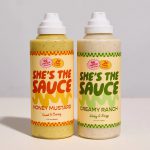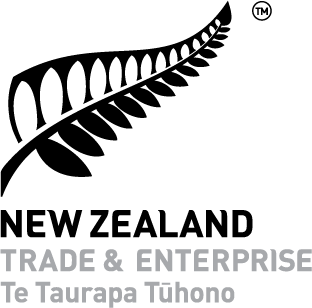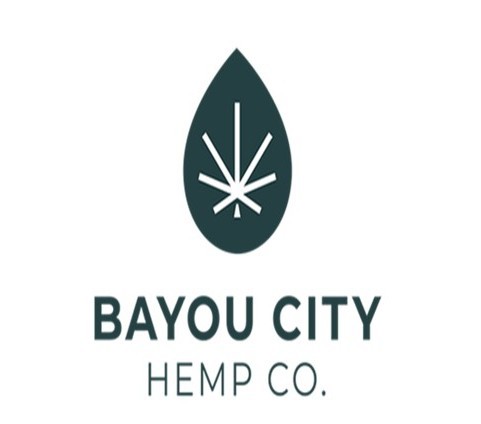Green Circle: Are Plant-Protein’s ‘High’ Costs Overstated?

Investors focused on plant-based protein are pitching a new way to assess the expenses of non-animal protein sources: the actual cost per gram of protein.
A new report by Green Circle Capital Advisors is arguing that perception around plant-based protein costs being higher than their animal-based counterparts is inaccurate once you consider the actual protein content of meats and dairy products. In other words, if you isolate the protein from a cut of steak, removing the meat and other components that make it into a meal, then the price per kilogram from beef would cost about five times the price of a premium pea protein isolate.
The financial advisory firm – which has invested in several alternative protein businesses through its Green Circle Foodtech Ventures arm including animal-free meat maker The Better Meat Co. – reported that the raw cost per kilogram of most plant-based proteins, when adjusted for equivalency, is significantly cheaper than some animal-based sources like pork and beef.
Stu Strumwasser, a partner at Green Circle and co-author of the paper, told Nosh he had been frustrated by the discussion around plant-based and animal-based proteins, which he felt has often conflated ready-to-cook meals in the form of animal meats with raw ingredients like chickpea and pea protein isolates.
While the retail costs of products like Beyond and Impossible meat alternatives are often more expensive than their animal counterparts, Strumwasser argued that it’s the other parts of manufacturing, such as extrusion, that have driven up the price, not protein.
“We’re constantly listening to people draw comparisons that are like what I always call ‘Apples to Cows,” he said. “They’re really not remotely relevant or helpful comparisons.”
The report notes that while hamburger meat, for example, is on average around 17% to 20% protein, the majority of pea powders are 70% to 90% pure protein.
According to the report, soybeans provide some of the cheapest price per kilogram of protein at $1.29 and soy protein isolate comes in at an average of $2.68. Popular plant-based sources like pea protein isolate ($7.02) and premium pea protein isolate ($10.12) range in the middle, as does animal-based chicken ($8.02). At the high end, however, are pork ($15.03), whey protein isolate ($17.13) and beef ($50.67).
As both an investor and someone with a personal interest in supporting the growth of plant-based alternatives (he said he hasn’t eaten meat since the 1980s), Strumwasser said identifying the true costs of various proteins can be significant for helping drive growth and innovation in the plant-based sector.
“With these plant-based analogue meats, it’s very clear that it’s the additional ingredients that have to go in with these proteins to make them functional, and in processing, and then that gives us an opportunity – founders, startups, investors, retailer – a way to think about how can we change that dynamic, to drive cogs lower and create a next generation of products that will hit all three of the demands of the modern consumer,” he said.
The full report is available on Green Circle’s website.

















